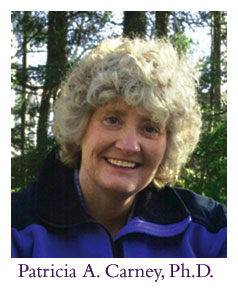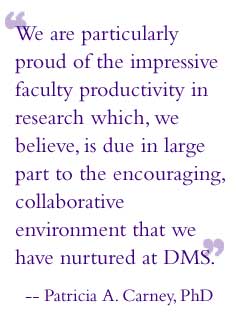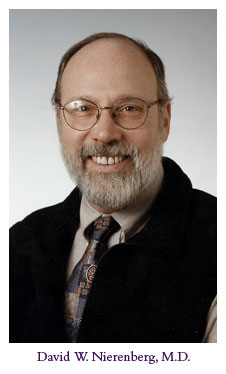
|
For Release: September 27, 2004
Contact: DMS Communications(603) 650-1492
Print Version
DMS Offers Guidance on Educational Research
HANOVER, NH - Reflecting the school's commitment to medical education research and collaboration, two Dartmouth Medical School educators offer models of support structures for educational research and address some future challenges medical schools' will face. In the October issue of Academic Medicine they describe the school's approach to successful medical research that includes methods for educational grant development, financial support for pilot projects and techniques to enhance collaborative projects.

The authors explain the distinct research characteristics at DMS, that emphasize ongoing feedback and mentoring from fellow faculty staff and students as well as initiatives to identify measures of success to ensure that each project is receiving the support it needs. "We are particularly proud of the impressive faculty productivity in research which, we believe, is due in large part to the encouraging, collaborative environment that we have nurtured at DMS," said Patricia Carney, PhD, associate professor of community and family medicine and co-author of the article.
The Association of American Medical Colleges (AAMC), which publishes Academic Medicine, focuses the October 2004 issue on the theme of medical education research in which DMS was one of only eight medical schools around the world asked to address this critical issue. "We are extremely pleased that Dartmouth Medical School was invited to write an article about why our program is so successful," said lead author David Nierenberg, MD, senior associate dean for medical education and professor of medicine and of pharmacology/toxicology. "We hope that it opens doors for other medical institutions."

Several factors account for the caliber of education research at DMS, according to the article. For example, the Medical Education Investigation Review Committee adheres to a formal process to ensure that while the environment encourages new research investigations, faculty and students are protected from too many or inappropriately timed projects. Other groups, such as the Evaluation Working Group, review established evaluation mechanisms on a monthly basis, keeping tabs on student competency, new research proposals, reviewing outcome data from current projects and making sure that ongoing projects are receiving the necessary support to stay on track. A number of faculty at DMS enjoy thinking and writing about how to improve medical education, and Carney and Nierenberg cite their their published works extensively.

While the authors note that impending financial pressures on medical schools may diminish the resources for educational research, they emphasize that the advances of prior research success can lead to future innovations and projects. "Momentum is everything," they write. One promising innovation, the Dartmouth Medical Encounter Documentation System (D-MEDS), designed to track students' patient and preceptor encounters throughout their four years of clinical training, could lead to future research endeavors based on this newly obtained data.
The primary goal of this examination of the evolution of the DMS educational research environment, according to Nierenberg and Carney, is to offer a resource for other medical institutions. "We hope that it serves as a guide for other schools to enhance their efforts in building a strong foundation in research about improving medical education," said Nierenberg.
-DMS-